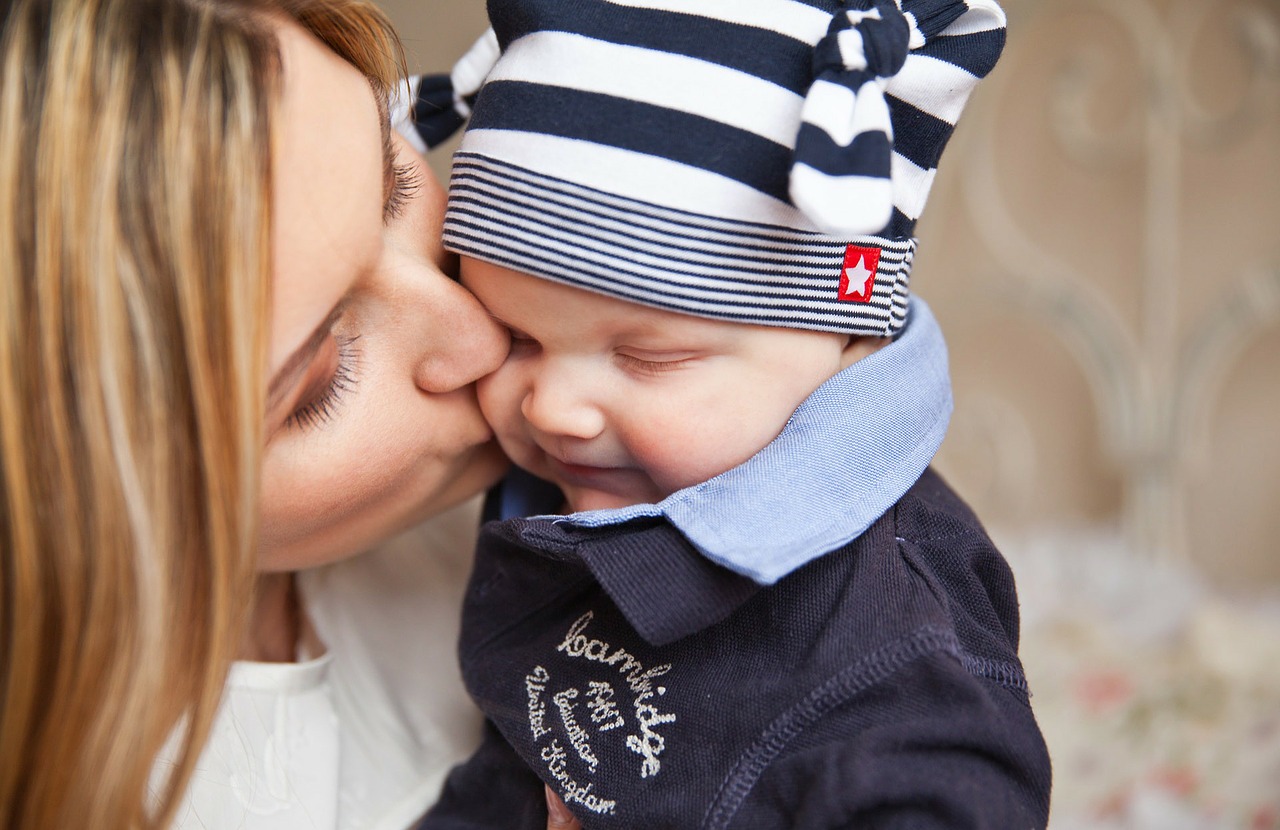
Not surprisingly, fertility specialists have to be on their game. We work in a relatively new medical field that is charting a course ever-forward as research and innovative treatments provide answers to long-unanswered questions about human reproduction. Add to that the internet, which has created an environment where patients become colleagues of sorts – often able to read lab results or explain a specific condition or treatment as well as we “experts” can.
Is Cancer Threatening Your Fertility or the Fertility of Someone You Love?
One area of innovative treatment interest is that of oncofertility, or fertility preservation in the midst of cancer. If you or someone you love has been diagnosed with a cancer that threatens fertility, and/or will is pursuing a cancer treatment that threatens fertility – there are potential solutions.
As you can imagine, however, the clock is ticking; the more you can learn on your own about the range of oncofertility options, the better your future fertility chances will be.
Some cancers are more aggressive than others, and you never want to threaten your own physical well-being – even in the name of fertility. For example, a breast cancer diagnosis means different things depending on which type of breast cancer you have. For men, testicular cancer poses particular fertility issues depending on the age at which it is contracted and the type/dose of radiation used to treat it. The more people working to learn about fertility options for you, the better armed with information you will be.
For a quick glance guide to fertility options after cancer, read, 5 Things You Need to Know About Cancer and Fertility Preservation.
Become Your Own Fertility Preservation Experts at Oncofertility University
Here at RRC, we believe the more educated our patients are the better. The less time we spend explaining things, the more time we can spend together going over the best fertility solutions for your specific diagnosis/treatment.
That’s why we’re extending you an offer to get an insider’s knowledge of fertility preservation. Onocofertility University is an online course designed most specifically for oncologists, oncology nurses, medical students, residents and/or fellows working in the field of oncology, social workers and patient advocates, etc. The creators also recommend the course to caregivers of pediatric, adolescent and/or young adult cancer patients and survivors.
While the Oncofertility University courses cover a medically heavy and complex topic, we feel anyone able to retain the myriad of stats and information included in the world of fertility will have no problem digesting the information presented during these intermediate level courses.
The courses have been divided by gender:
- Female Oncofertility: Advocate Your Patients Fertile Future
- Male Oncofertility: Advocate Your Patients Fertile Future
Each of the one-hour courses is divided into sections, the bulk of which are followed by a short quiz. This makes it easy for you to move at your own pace, in small doses and to make sure you’ve grasped the most meaningful portions of the content.
You’ll be able to:
- Take electronic notes.
- Ask questions and receive answers from Oncofertility University’s advisory team.
- Have access to supplemental materials that you can print out and review. You can take these with you to oncology and/or fertility consultations, as you begin to make decisions about the best treatment plans and fertility preservation methods.
Best of all, the Oncofertility University courses are FREE! You have nothing to lose by enrolling, even if you opt not to finish. Our guess, though, is that you will be fascinated by the information you’ll learned. From there, you can begin searching for a fertility specialist who specializes in fertility preservation, and who will work closely with you as you navigate your future fertility path.
Are you in the midst of juggling a cancer diagnosis that compromises future fertility options? Please contact RRC and schedule a consultation. From traditional fertility treatments to those that go outside the box using donor eggs, donor embryos and/or gestational carriers, we’re here to find fertility solutions that works.
image: pixabay.com
 Patient Portal
Patient Portal